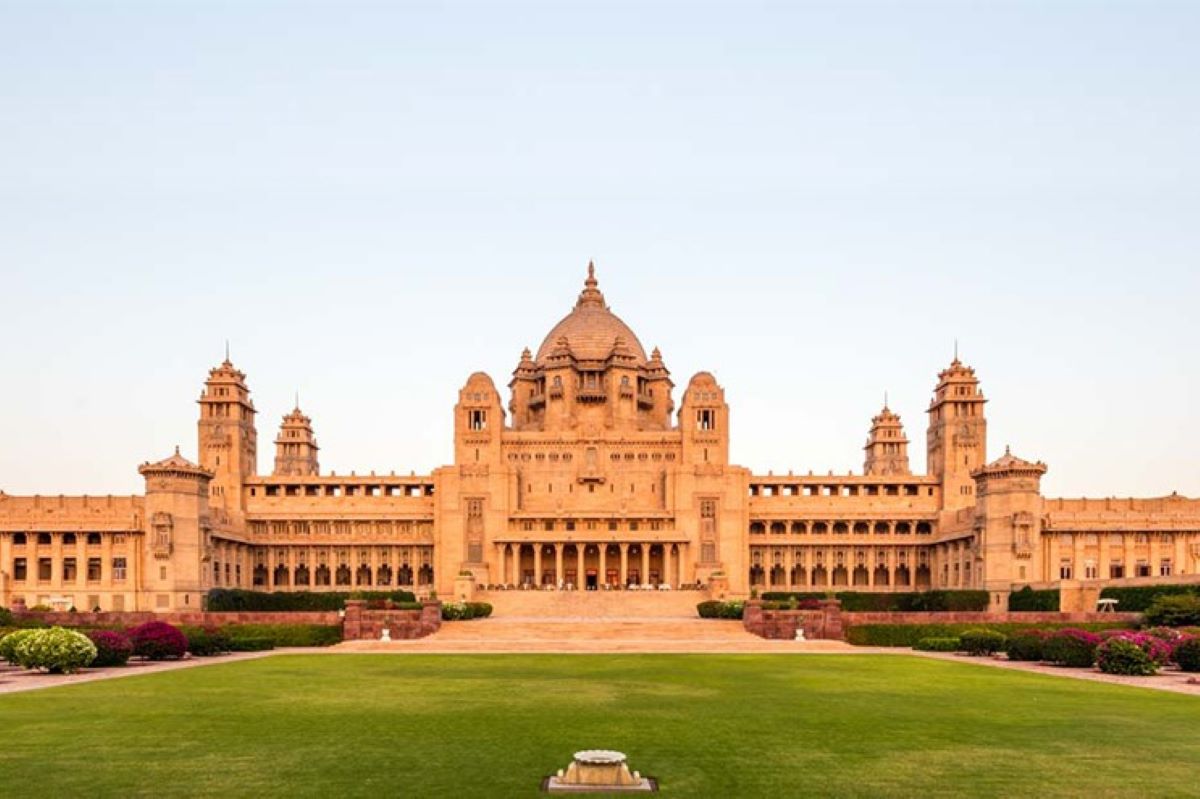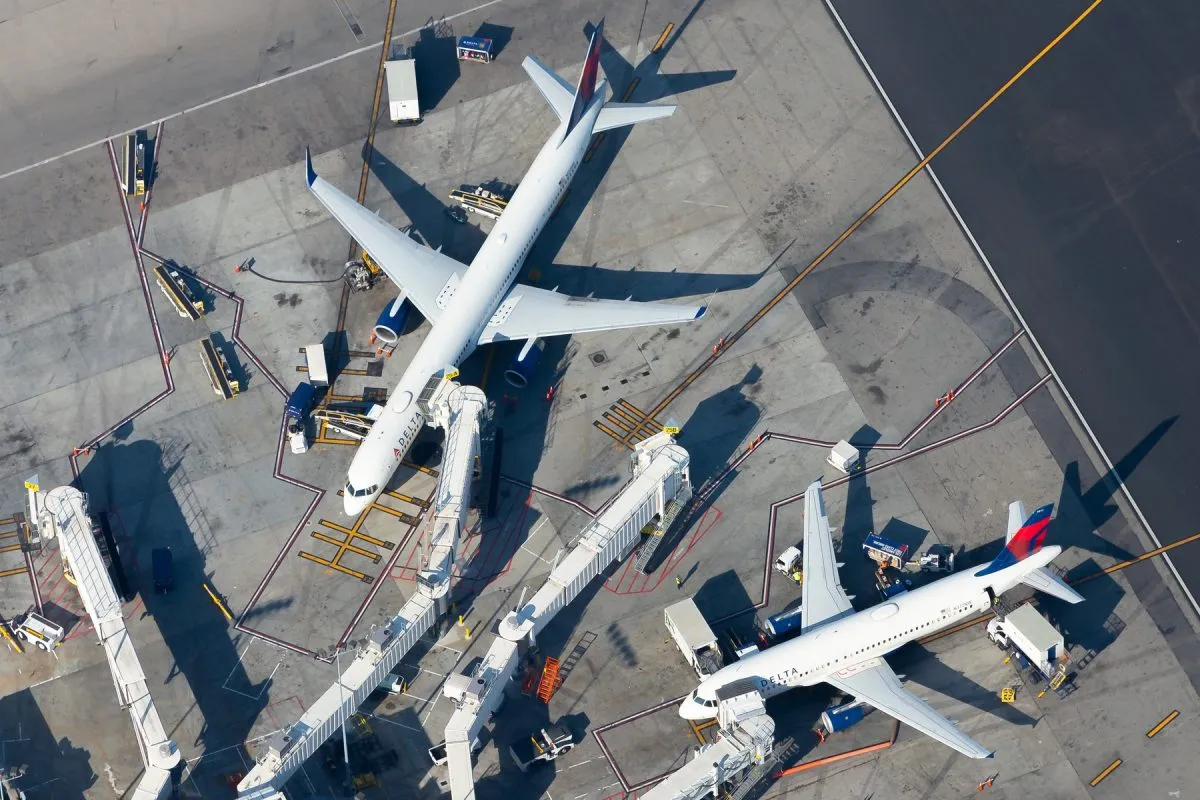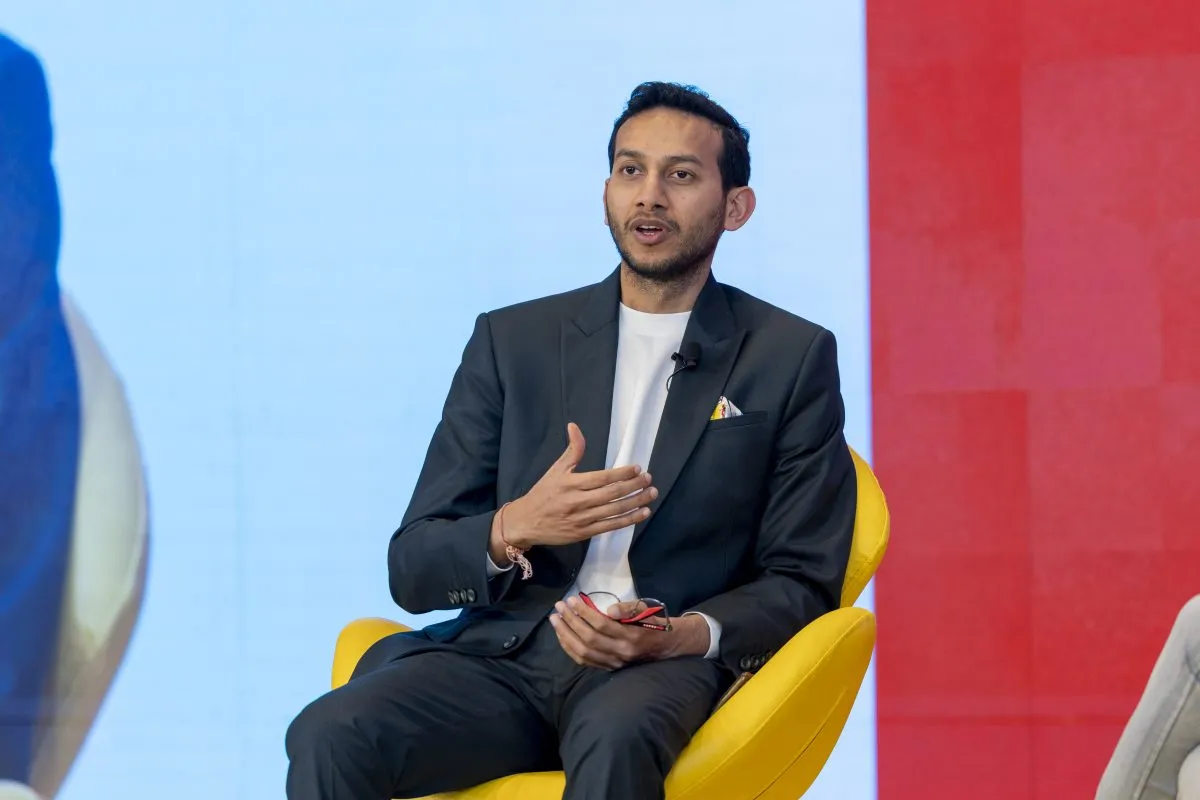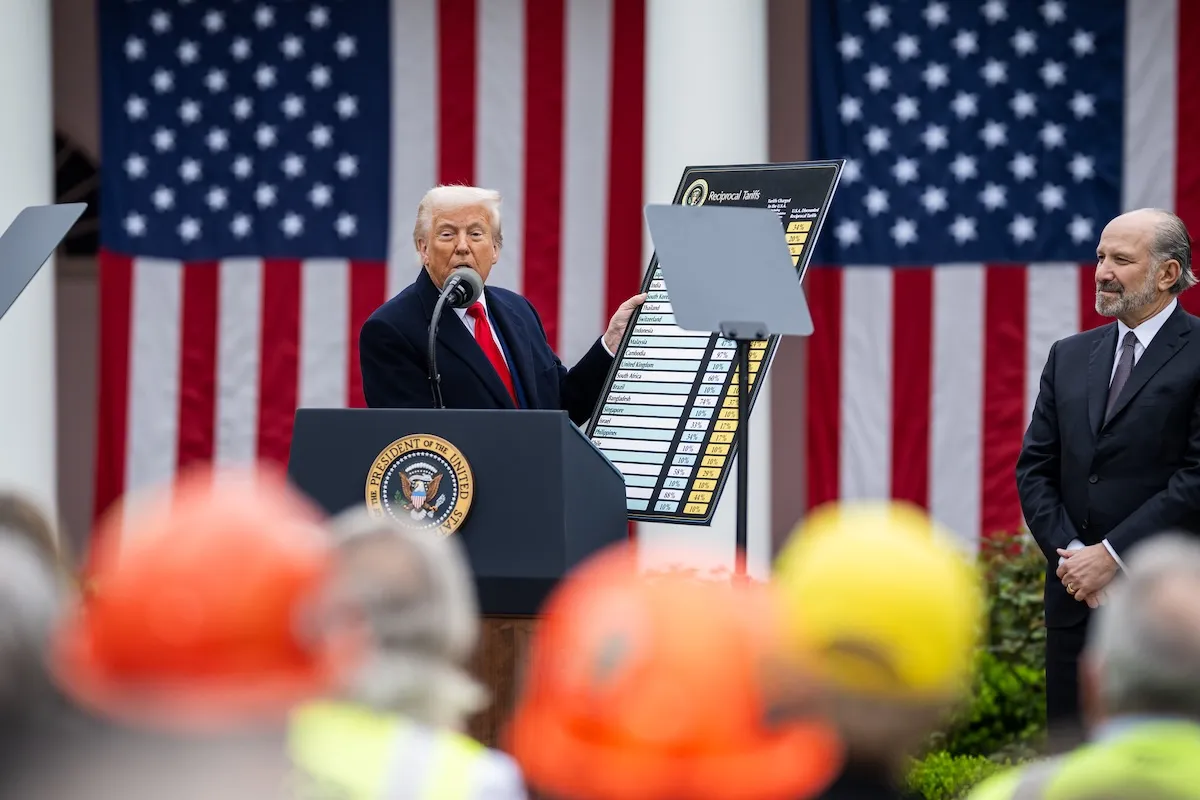Rajasthan Focuses on Weddings, Conferences to Boost Tourism - India Report

Skift Take
The western state of Rajasthan has signed an agreement with the Federation of Hospitality and Tourism of Rajasthan (FHTR) to develop tourism in the state. Tourism is a key source of revenue for the state.
According to figures released by the Rajasthan tourism department, the state received 179 million domestic and 1.7 million international tourists in 2023. In order to enhance this potential, the state has granted industry status to tourism, along with improving rural tourism and revising heritage policies in the state.
Focus on Weddings, Conferences: As part of the agreement, the state’s tourism department will work with FHTR to organize Rajasthan Domestic Travel Mart in Jaipur in September. The event will have the theme ‘Wedding, Incentive, Conference and Event.'
The aim is to make the mart a platform for industry players to showcase their products for weddings, adventure activities, wildlife, pilgrimage, heritage areas, and eco and village tourism.
Weddings in Rajasthan: The state is a key wedding destination in India, with heritage properties across the state acting as backdrop for extravagant celebrations.
An earlier wedding feature by Skift cited Alan Watts, Hilton’s Asia Pacific president as saying, "If you’re going to do uber-luxury in the India market, you need to do it in Rajasthan, so you can attract high-end weddings because that’s where the true dollar value is." This is the reason the company selected Jaipur to debut its Waldorf Astoria brand in India.
The state has witnessed several high-end weddings, including those of Elizabeth Hurley, Katy Perry and Russell Brand, and Priyanka Chopra and Nick Jonas.
Last year, the election body in India changed the voting date for Rajasthan from November 23 to November 25, as more than 50,000 weddings were scheduled to be held on November 23 alone.
Due to its potential wedding business, the state has several expansive hotels, including brands such as Raffles, Fairmont, Oberoi, Radisson Blu, Leela, and The Westin.
Recently, the inaugural Wed in India expo was also organized in Jaipur, during which the Indian tourism ministry promoted the country as the next big wedding destination.
The Future of Short-Term Rentals in India
This weekend, my colleague over at Skift Research, Varsha Arora, published a new take on the outlook for short-term rentals in India - and she thinks there's a lot of growth potential. Vacation rentals still represent a relatively small segment in India’s hospitality industry. But Skift Research’s preliminary analysis indicates that the Indian short-term rental industry is poised to expand into a $3 billion market by 2033. Here’s why:
- Not Enough Hotels in India: One important factor is the under-supply and under-penetration of hotels in India. According to Bernstein Research, the country faces a substantial shortage of hotel accommodations, with just 2.6 hotels for every 100,000 people.
- Established Brands Have the Potential: The case for vacation rentals becomes even stronger with the entry of established brands that blur the boundaries of hotels and rentals. The influx of established hotel chains into the vacation rental sphere, such as by IHCL and ITC, not only underscores the expanding potential.
- Shifting Travel Preferences: Today’s travelers increasingly favor home-like comforts and immersive experiences – especially younger generations. Skift Travel Health Index scores reveal that both hotels and vacation rentals have been recovering at a similar pace, suggesting sustainable demand for vacation rentals.
Air India Gets First Narrowbody Jet With New Livery
Full-service carrier Air India has received its first narrowbody aircraft sporting the new livery. The Airbus A320 Neo jet is set to feature the three-class configuration - business class, premium economy class, and economy class.
According to a statement by the airline, the aircraft will fly on domestic short-haul routes starting next month.
Air India is upgrading its fleet, with its mega order of 470 aircraft with Boeing and Airbus last year. Apart from this, the airline is also set to retrofit more than 100 planes, of which 40 are wide-body aircraft. The former national carrier is investing $400 million in this upgrade, as a part of which it has also ordered around 25,000 seats for its fleet.
Radisson Opens Resort in Maharashtra’s Hatgad
Radisson Hotel Group has opened Radisson Resort Hatgad Saputara in Maharashtra. The 103-key resort is the group’s 12th property in the state. At the opening, Nikhil Sharma, managing director and area senior vice president, South Asia for Radisson Hotel Group said that Maharashtra is a key market for the hotel chain, even as it is looking to identify new destinations and leisure towns across the country.
The company is one of India's largest international hotel operators, having more than 180 operations and developing hotels in its portfolio. It signed 21 hotels last year in 2023 alone.
In an earlier interview with Skift, the group’s executive vice president and global chief development officer Elie Younes said, “Our expansion plans for 2024 are ambitious, focusing not only on major metropolitan cities but also targeting Tier 2 and Tier 3 towns to cater to the growing demand in these markets.”
MakeMyTrip Becomes Strategic Partner for Uttar Pradesh Tourism
Online travel company MakeMyTrip has entered into an agreement with Uttar Pradesh Tourism. As part of the agreement, the OTA will act as a strategic partner for the state by providing insights into consumer trends, tourist preferences, and supply-side information. The partnership aims to facilitate the state tourism department in its policy making in the future.
“Travelers search for various information on the internet before and during their trips. Search engines reveal whether a tourist's interest leans towards eco-tourism, adventure tourism, spiritual tourism, etc,” said Mukesh Kumar Meshram, principal secretary at the department of tourism in Uttar Pradesh.
The OTA will also assist the state government by creating packages within the state based on information about tourist behaviors and preferences.
The state also entered into an agreement with EaseMyTrip recently to boost the promotion and development of tourism in the state using the platform’s reach and technology.
IndiGo Website, App to Get New Look
Budget airline IndiGo has announced that its website and app is set to get a new look and modern architecture. The move aims to streamline the booking process, it said in a statement.
The new look will be unveiled in August, but will be released to a few customers as part of its beta testing.
IndiGo has been upgrading its offerings, and recently introduced a hotel booking option on its website and app, to allow passengers the convenience of a one-step solution. For this, the airline partnered with Expedia group’s marketing partner Vernost Marketing Services.
Accor Debuts Raffles Brand in Jaipur
Raffles Hotels & Resorts has opened Raffles Jaipur in Rajasthan. The 50-key luxury property marks the Accor brand’s second property in the country, after Raffles Udaipur.
Accor operates two prominent wedding hotels in Rajasthan - Fairmont Jaipur and Raffles Udaipur. In order to maximize the success, the work to have both brands operational in the two cities has been underway for years, with Fairmont Udaipur under development and Raffles Jaipur now open.
The company is planning to add 30 operating hotels to its portfolio in India over the next three to five years.
India’s Next Budget: What Travel Executives Want
In February, the Indian government had allocated INR 24.5 billion ($293 million) to the tourism sector as part of the interim budget, a slight increase from the prior year’s initial allocation of INR 24 billion ($290 million). But the Union Budget also reduced the global promotion allocation by a staggering 97% to just INR 30 million ($361,000).
The recent elections saw the return of Modi as Prime Minister, but the government in power is a coalition one with a budget to be presented later this month. Skift spoke to travel executives to better understand what they want out of the budget and government policy:
- Industry Status: Travel companies have long wanted “industry status” for tourism, a recognition at the state-level that gives the opportunity for better property tax calculations, benefits in land allocations, energy costs, and other government benefits.
- GST Standardization: At present, the hotel rooms are taxed on a tiered basis under the Goods and Services Tax (GST) regime. The industry is urging the government to consider a uniform GST rate of 12% on hotels.
- Streamlined OTA Registrations: Online travel companies in the country are facing challenges in obtaining required registrations under the GST regime. “The current regulation compels OTAs to establish a physical presence in each state even when it is not required, leading to high administrative costs. Allowing OTAs to register in states through their central head office would significantly alleviate these burdens,” said Rajesh Magow, Co-founder and Group CEO, MakeMyTrip.
- Infrastructure Status for Hotels: The hospitality sector has often complained about high taxes, and expensive and cumbersome rules for licenses. Infrastructure status for hotels will allow them access to softer finances at better interest rates with longer periods for re-payment thereby attracting investment.





